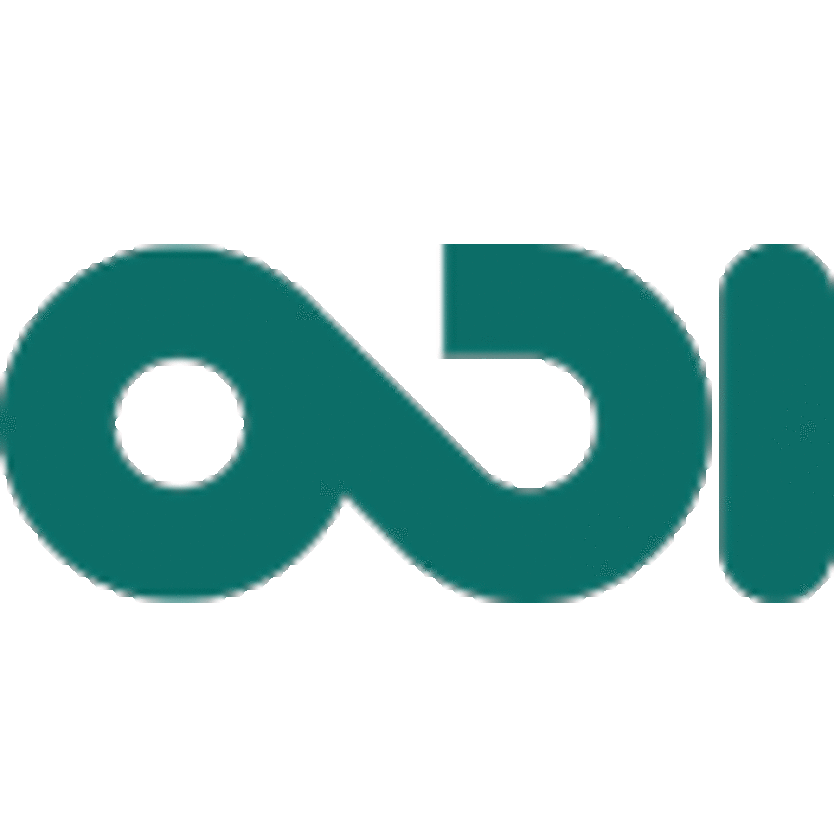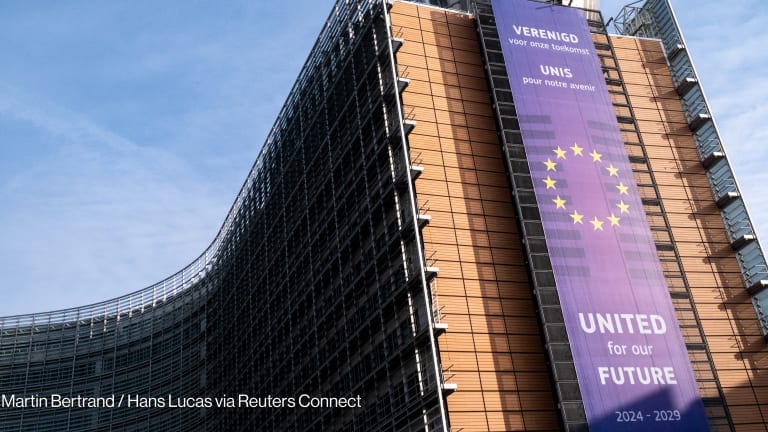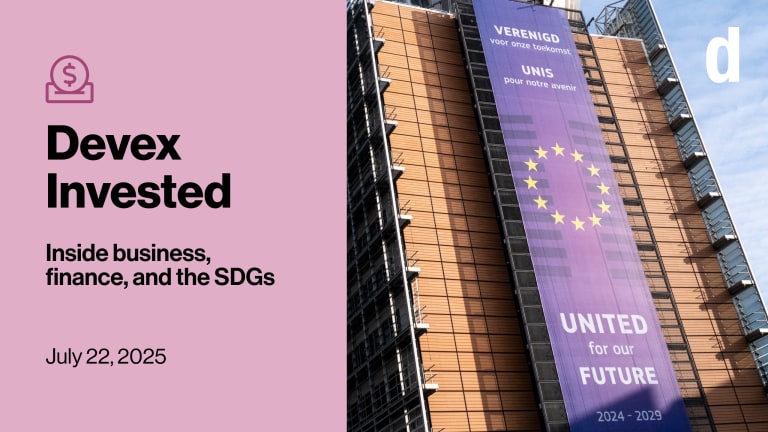
EDITOR’S NOTE: To advance global development, the European Council should focus this week’s budget discussions on quality, not quantity, International Economic Development Group head Dirk Willem te Velde writes in this article for the Overseas Development Institute.
The EU’s budget for the period 2014-2020 will take centre stage at a European summit later this week. There will be much discussion over the size of the budget: will it be cuts, a freeze or more of the same? However, new ODI research suggests it is not the volume that matters most for EU citizens or for global development, but the direction of spending and the distribution of the EU budget across headings. Put simply, this is about quality, not quantity.
The EU is legally obliged to take into account the development needs of low-income countries when making decisions – needs that are illuminated by new research from ODI and its partners. In a series of studies, we have assessed the effectiveness of three areas of current and proposed EU policy (agriculture, trade and aid) on both the EU and development.
First, in new research released today, researchers from three European research institutes argue that more radical reform of the EU’s Common Agriculture Policy is urgently required. It confirms that the CAP’s effects on developing countries vary by product, by country, by policy, and over time so that regular monitoring is essential. But it also finds that the CAP is bad for EU tax payers and does not effectively address today’s emerging global challenges. Indeed, the paper argues that the EU could institute more effective instruments than the current CAP, which spends € 50 billion on EU farmers each year, to achieve the stated objectives of CAP such as food security and improved environmental outcomes, such as reduced carbon dioxide emissions.
Second, there are risks attached to the EU’s proposed trade policy stance – a stance that does not seem an appropriate response to today’s challenges. A recent ODI report suggests that the EU is becoming more protectionist: higher tariffs for products and countries that graduated out of the EU’sGeneralised Scheme of Preferences after 2014, higher tariffs for countries that do not sign up to anEconomic Partnership Agreement in 2014, threats of using green border tariffs, threats to exclude foreign countries from procurement markets, etc. Unfortunately, this global retreat of the EU and its failure to capitalise fully on the strength of countries with fast-growing economies is bad for EU consumers, for many EU producers linked into global value chains, and for global development.
And third, when EU aid (specifically the European Development Cooperation and Development Cooperation Instrument) is spent wisely on infrastructure and aid for trade, the economies of recipient countries will grow, they will expand their demand (including from EU exporters) and export at lower prices (leading to lower inflation). All of this is good for the EU, including the lower food prices that would result. Using a set of plausible assumptions rooted in academic research, a study by ODI and NIESR finds that the proposed EU aid will more than pay for itself. EU tax payers are also expected to see benefits.
A move away from supporting only one EU grouping in the EU budget towards a fuller understanding of the role of EU in the global economy could benefit both the EU itself and global development. But that is not where the current budget discussions seem to be heading. Much discussion is just about the level of the EU budget, which is not, by the way, a good measure of how the EU addresses global challenges to benefit its citizens as well as citizens worldwide.
Instead there is an urgent need for more thinking on the distribution of the proposed budget across a range of headings. If anything, the cuts proposed by Van Rompuy last week show proportionally larger cuts for the budget for the heading dealing with external issues (11%), including EDF (9%), than for spending on agricultural policies. This is odd. The research studies that we presented above suggest that a far stronger focus is needed on external issues to the benefit of EU citizens, and that the EU’s agricultural subsidies need far greater reform.
The EU member states need to assess more clearly the value added role of the EU in the various areas – it is not clear that this value still lies in supporting a handful of EU farmers. Instead, member states should ask the EU to work more on global innovation, global agricultural research, infrastructure and other areas of deep integration, and to invest wisely at a the global level.
The EU’s ability to pool resources and efforts suggests a much clearer role on the global stage to address today’s global challenges. It could, for example, use its voice in environmental negotiations as suggested in the ERD 2011/2012, use its pooled resources to address shocks, and use its leading role on the provision of aid for trade to promote inclusive and sustainable growth.
When will Europe finally understand its global position and take the appropriate action?
Republished with permission from the Overseas Development Institute. Read the original article.








